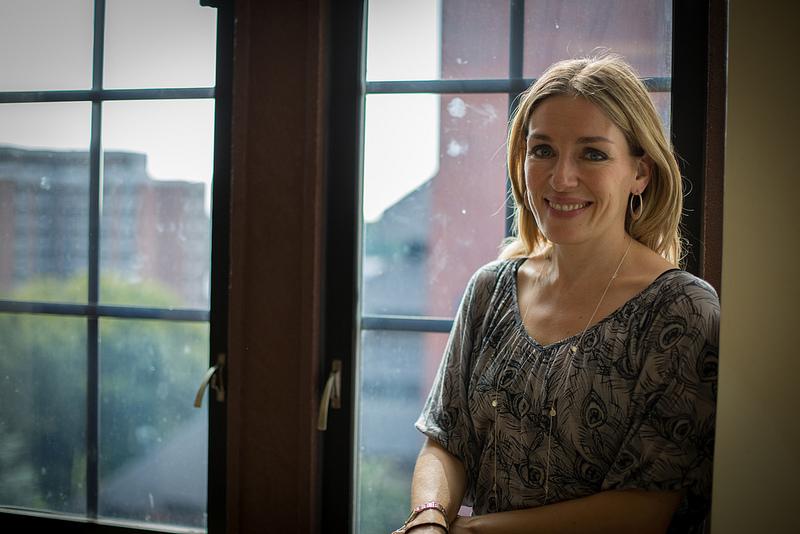Dr. Marsh Receives Two Templeton Awards
September 11, 2014 – Dr. Abigail Marsh has received two Templeton Awards to study altruistic behaviors.
One study will examine altruism in unrelated, altruistic stem cell donors. Stem cell registries link patients with blood cancers and related disorders to altruistic stem cell donors, but up to half of registry members do not agree to donate when contacted a year or more after registering. Why do so many people back out of becoming donors, and what can be done to increase retention (and potentially save lives)? Marsh predicts that this may represent a failure of prospective altruism: registrants who opt out fail to prospect accurately about their future altruistic behavior. In her project, Marsh will assess prospective altruism, construals of donation, episodic imagery, evaluations of costs and benefits of donation, and ambivalence about donation in order to identify ways to reduce future failures of prospective altruism among stem cell donors.
The second project will use functional and structural magnetic resonance imaging scans in order to better understand the nature of extraordinary altruism. Our prior research indicates that individuals who have engaged in an act of extraordinary altruism–the donation of a kidney to a stranger–possess amygdalas that are both unusually large and unusually reactive to the distress cues (fearful facial expressions) of others. The amygdala is a structure involved in a variety of social and emotional processes, and dysfunction in this region has previously been associated with deficits in empathy. In research we will be conducting, we will seek to explore the nature of these patterns in more depth by considering the role of the amygdala in empathic processes in altruistic adults.
